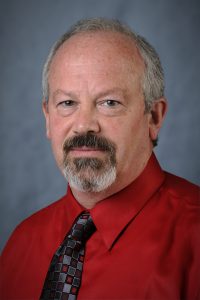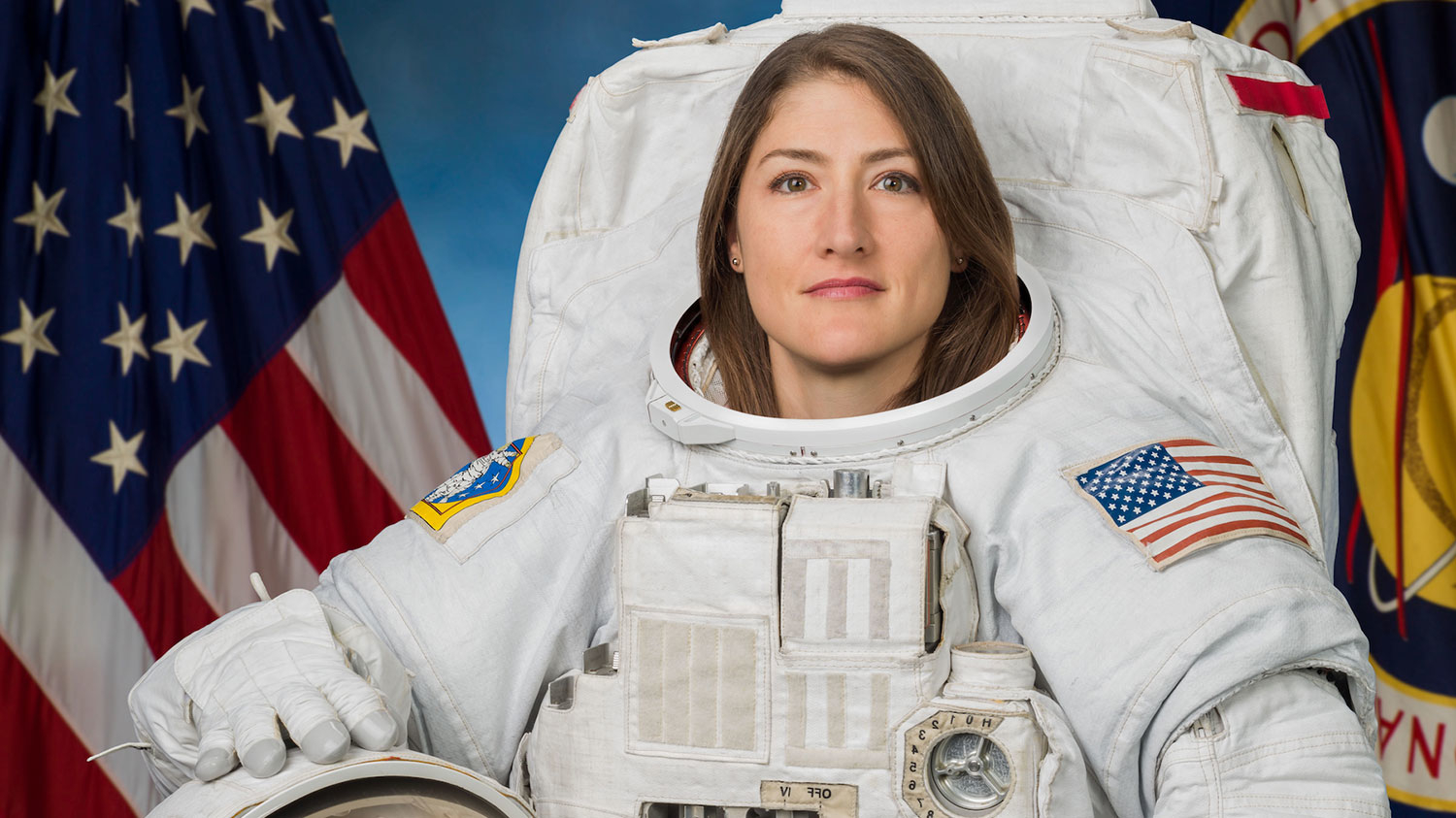Blondin Named Associate Dean for Research in the College of Sciences
 John Blondin, an internationally renowned astrophysicist, has been named the new associate dean for research in NC State’s College of Sciences. He assumes his new role on May 30.
John Blondin, an internationally renowned astrophysicist, has been named the new associate dean for research in NC State’s College of Sciences. He assumes his new role on May 30.
Blondin has been on the NC State faculty since 1993. He has been head of the Department of Physics since 2012 and is also an NC State Alumni Distinguished Undergraduate Professor. Before being appointed department head, he served as the department’s director of undergraduate programs.
As associate dean for research, Blondin will lead the College of Sciences Research Office, which promotes research activity across the college and assists faculty and staff in the college’s academic departments and research centers to develop and maintain high-quality research programs. The office oversees external funding activities for the college and is responsible for maintaining compliance with the guidelines and policies consistent with university, state and federal requirements.
As head of the Department of Physics, Blondin leads a department of 45 faculty and nearly 300 students. Total funding for the department’s research programs ranks in the top 25 among the nation’s physics departments. The department has also emphasized diversity; no university in the country has more tenured and tenure-track women on its physics faculty than NC State.
Blondin’s own research focuses on computational gas dynamics, with applications to interacting binary stars, accretion disks around compact objects, planetary nebulae, supernovae and supernova remnants. His research places a strong emphasis on the dynamics of shock waves. He discovered the nonlinear thin-shell instability and the spherical accretion shock instability, the latter of which may aid in driving supernova explosions. He also co-authored the hydrodynamics code VH-1, which is widely used in the astrophysics community.
Blondin’s research and teaching honors include the Cottrell Scholar Award, the National Science Foundation Early Career Development Award and NC State’s Outstanding Teacher Award. In 2009, he was named a fellow of the American Physical Society.
Blondin received a bachelor’s degree in physics from the University of Wisconsin and a master’s degree and doctorate in astronomy and astrophysics from the University of Chicago. He also completed postdoctoral research at NASA’s Goddard Space Flight Center, the University of Virginia and UNC-Chapel Hill.
- Categories:


